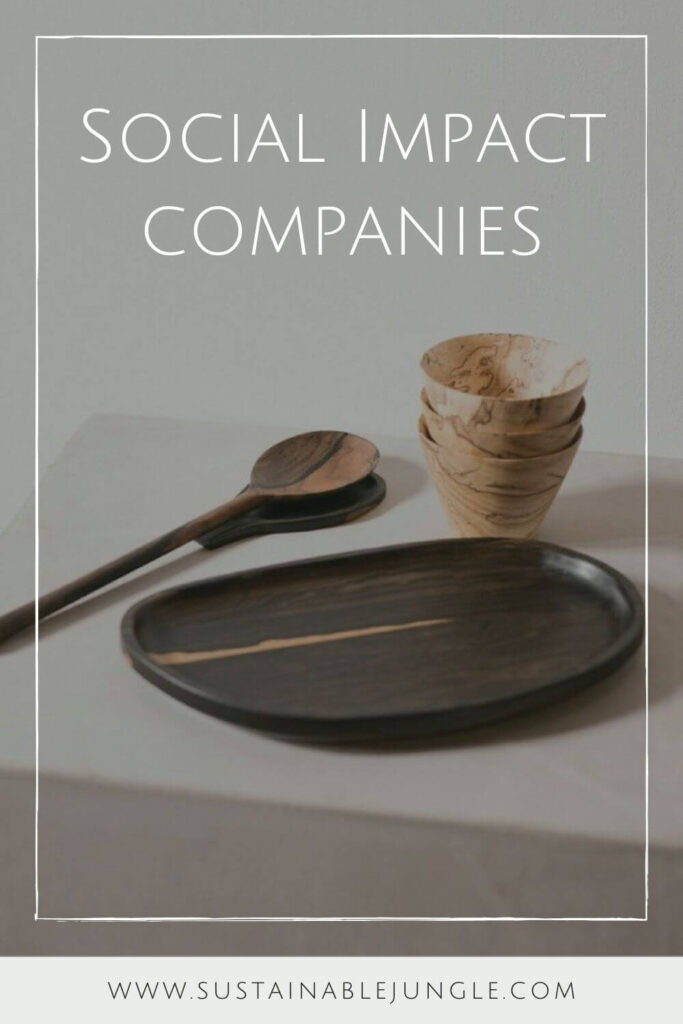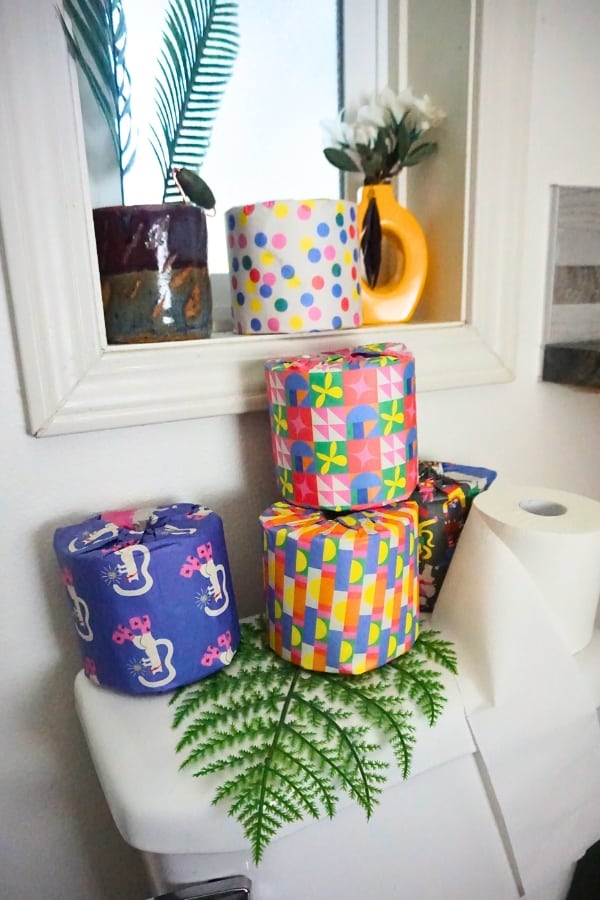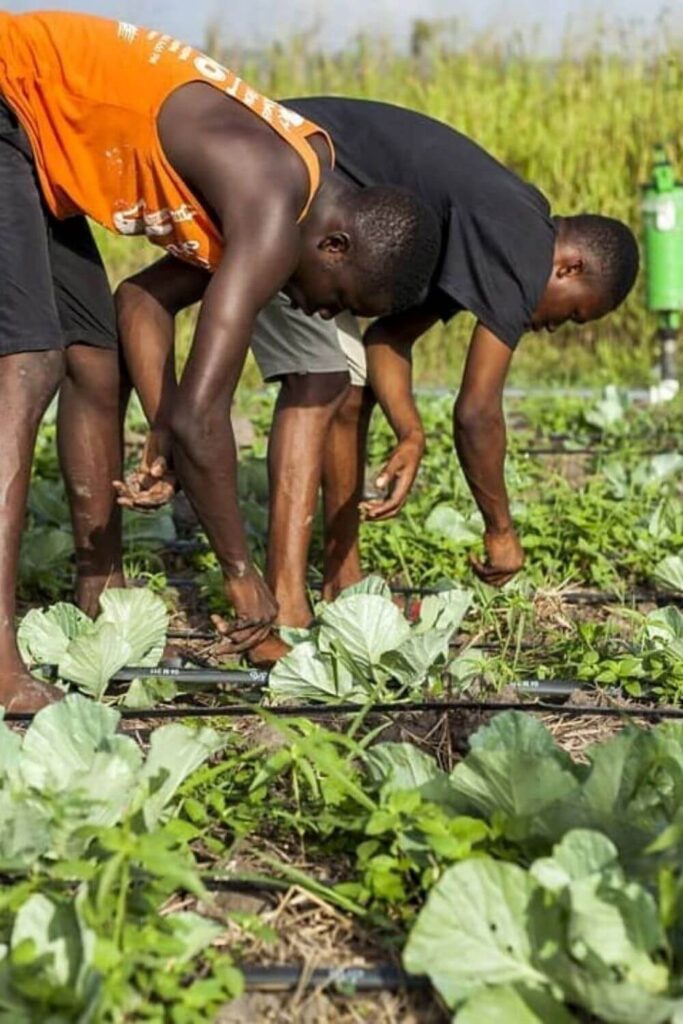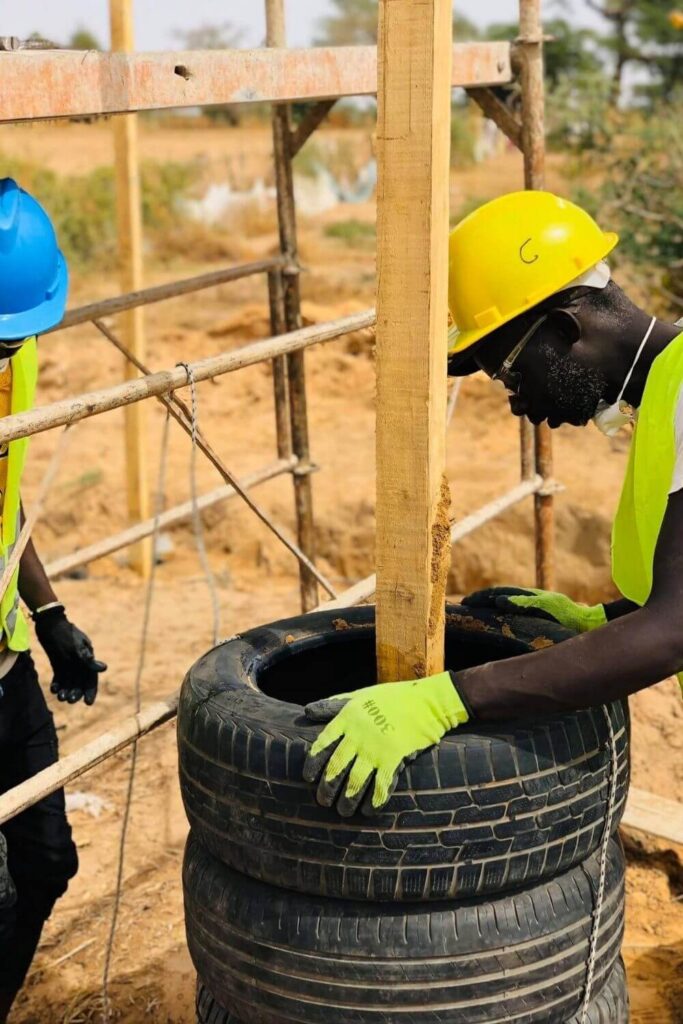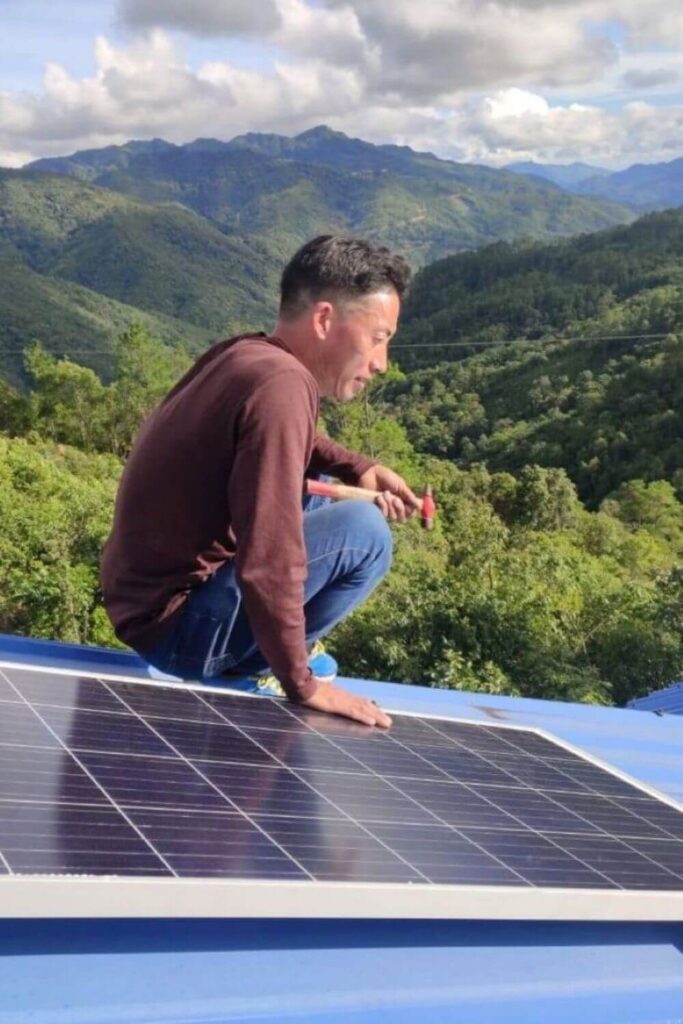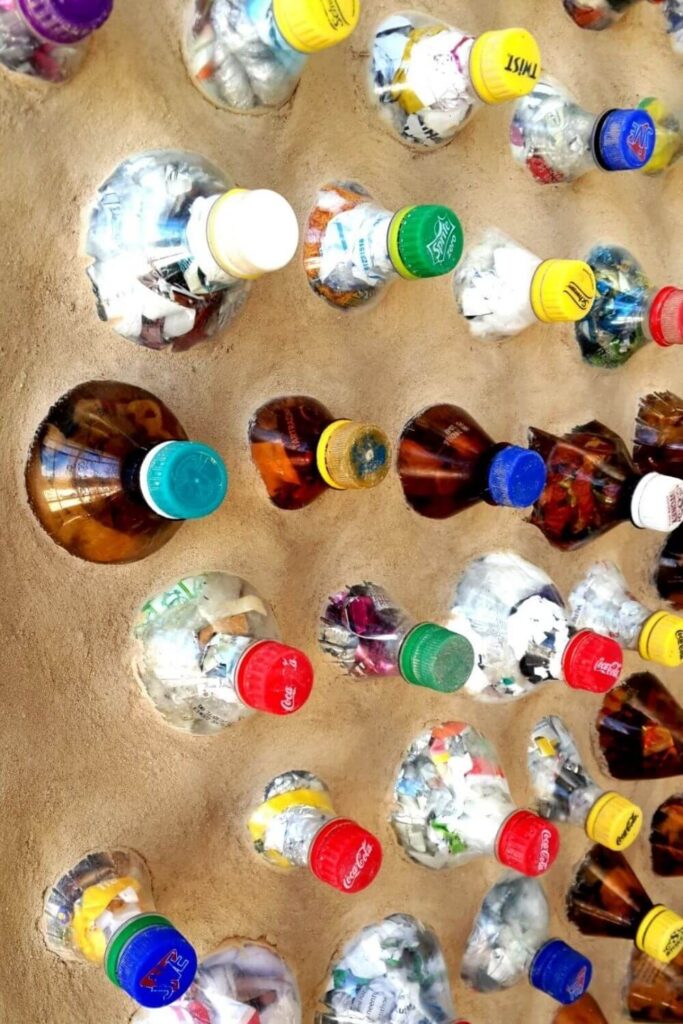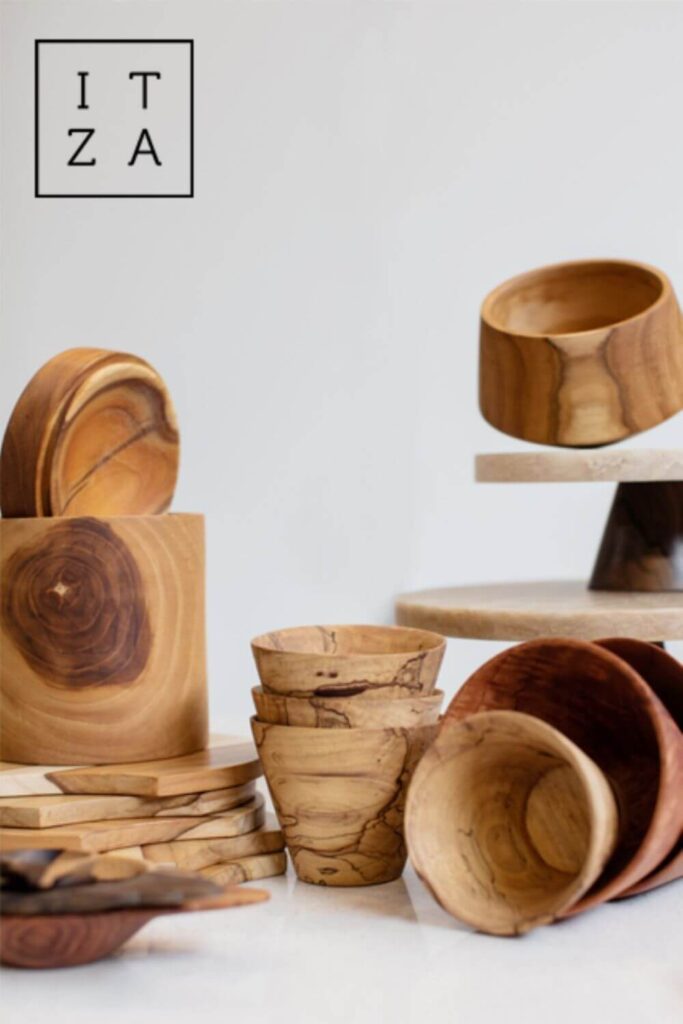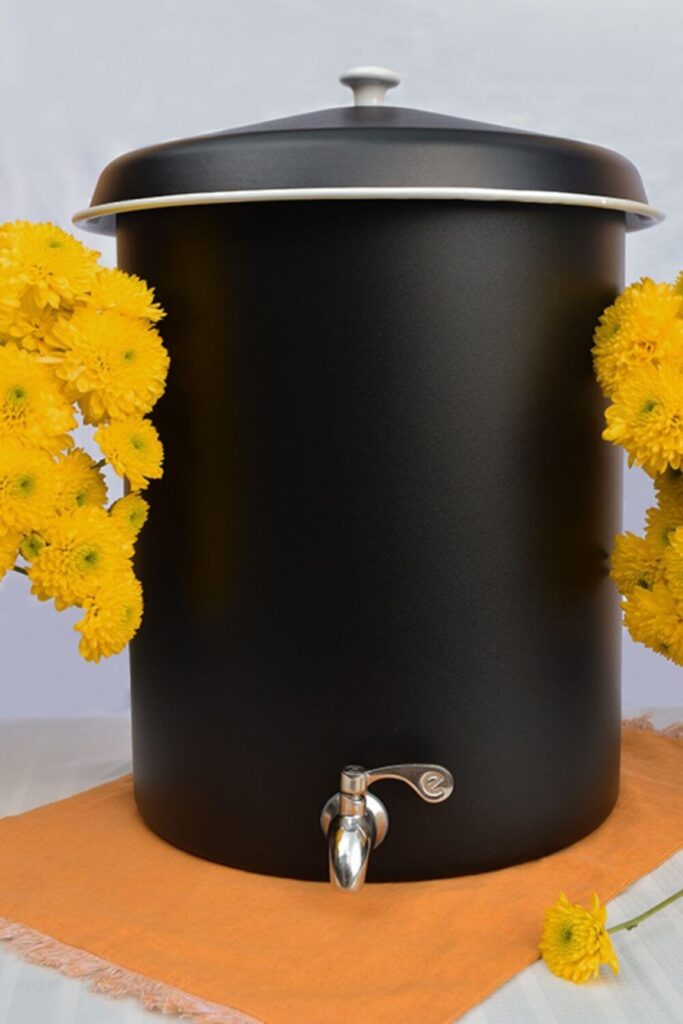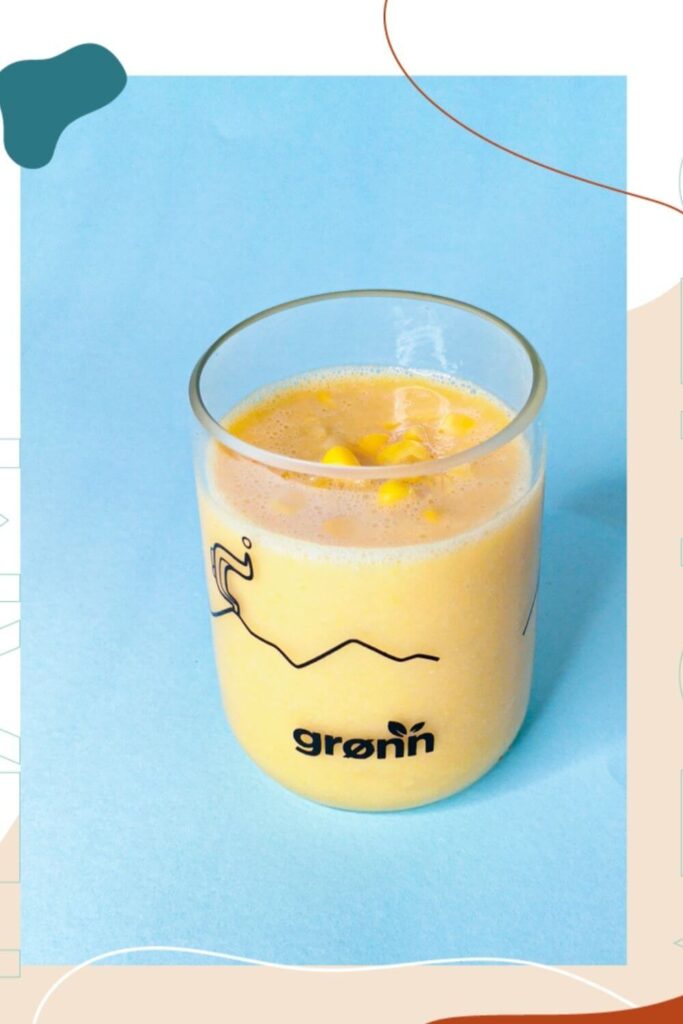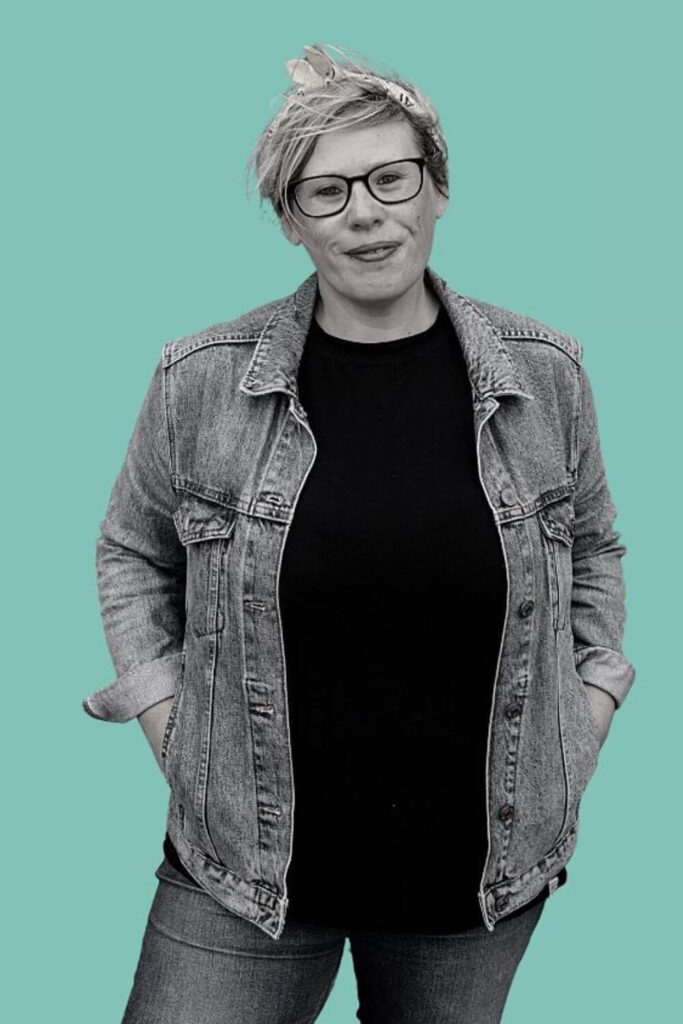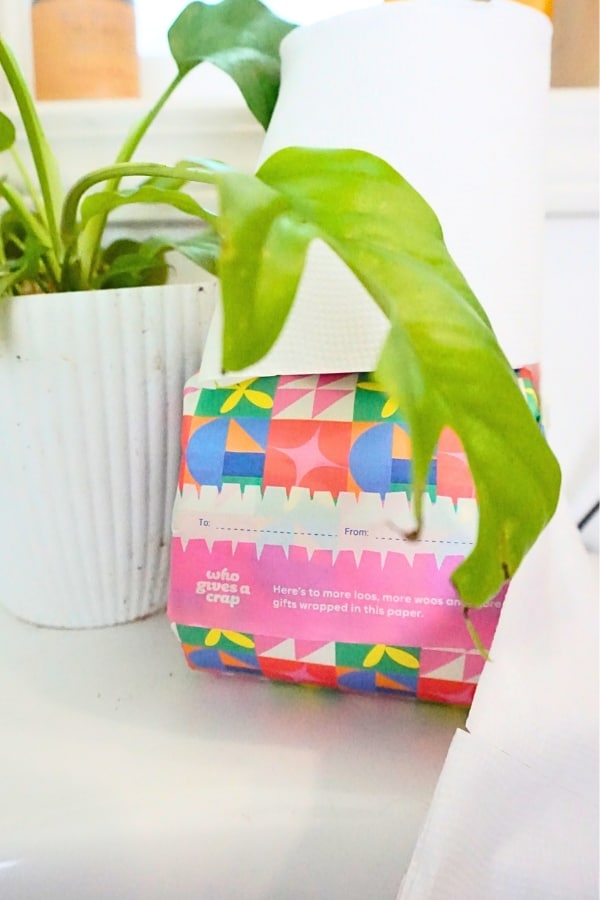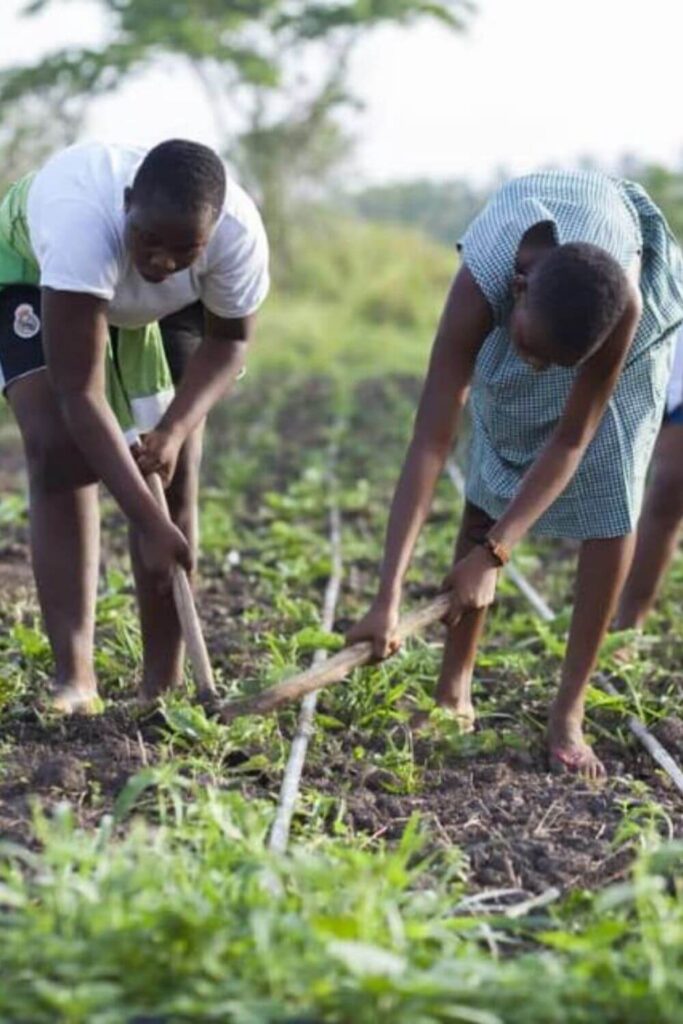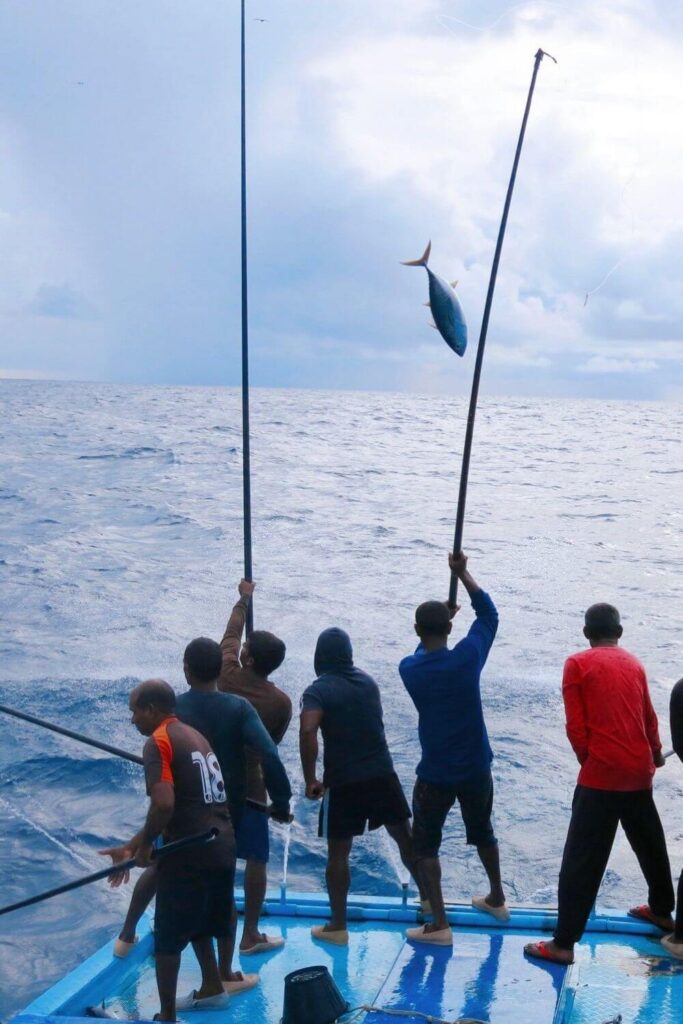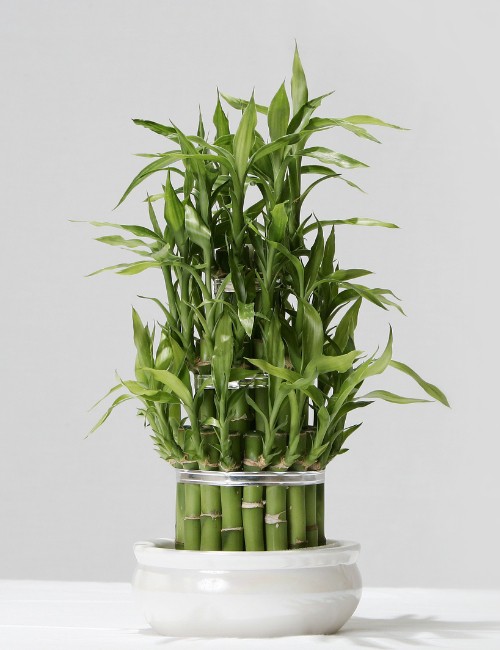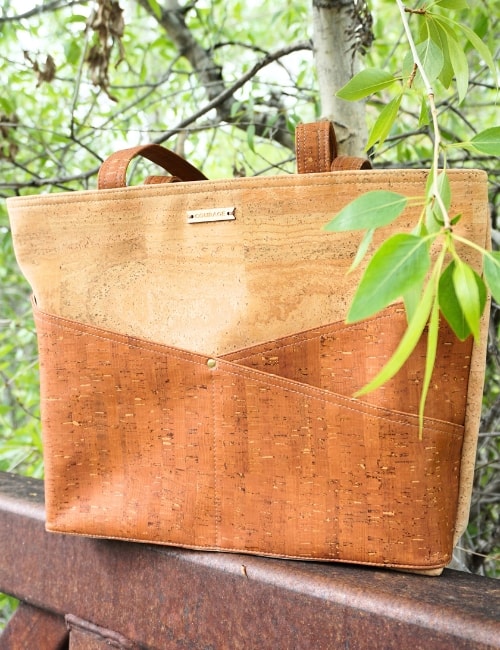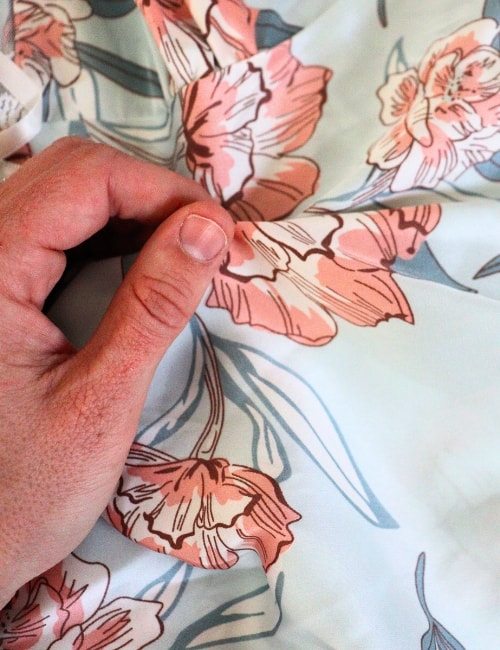10 Inspiring Social Impact Companies We Spoke To
More and more companies are beginning to embrace a new core value: “social impact.”
While corporate social responsibility (CSR) is something many companies, both large and small, have taken part in, there is a growing breed of socially responsible business that goes above and beyond—and consumers want the momentum to continue.
In 2018, a study found 78% of Americans expected their favorite companies to not just make profits—but also positively impact society.
Fortunately, we’re not only starting to see a lot more companies take positive social actions, but more exist for the purpose of doing so. These are called social impact companies, or those that use business as a force for good.
These are the businesses that look at their operations holistically, considering their impact on people, the planet and their own economic sustainability (profit). Better yet, certification bodies like B Corporation are helping these forward thinking social impact leaders get better and better through a structured approach to thinking about impact.
If you look at our favorite sustainable fashion or ethical beauty brands, you’ll notice that in addition to making eco-friendly products, many of them are supporting a positive social impact too.
For this list, we’ve gone back through the inspiring annals of The Sustainable Jungle Podcast and rounded up some of our favorite guests… who also happen to be the change-makers behind these growing social impact companies.
Each one was founded to create products or services that change the lives of humans around the globe (although many of them are pretty great for our environment, too).
Without further ado, let’s get started swooning about the best social impact companies we’ve had the pleasure to learn about. Get ready to feel enlightened and inspired, and have a renewed sense of optimism for humanity!
1. ECO BUILDERS MADE IN SENEGAL
In The Sustainable Jungle Podcast #54, we chatted with Ndéye Marie Aïda Ndiéguène, an author, social entrepreneur, and climate activist. Not only did she write two award-winning books (Un lion en cage and Gemini: Roman), but she also founded the social enterprise Eco Builders Made in Senegal.
Oh yeah, and she represented her country at the UN Youth Climate Action Summit, too. The future is female and Ndéye is leading the charge.
Her organization is equally as impressive. Eco Builders work with repurposed materials to create food storage infrastructure for rural farmers. Using things like plastic bags, bottles, and old tires, they’re able to provide farmers with a low-cost way to store onions and potatoes.
This both extends the life of these crops and provides rural communities with opportunities for skill development, training, and community engagement.
To us, Marie is the epitome of an incredible social impact business leader.
2. SELCO INDIA
Founded in 1995, SELCO India has one very revolutionary belief: “The poor are not beneficiaries, the poor are partners.”
Those were the words of founder Harish Hande’s when we spoke to him on the podcast.
After completing a PhD in Energy Engineering at the University of Massachusetts, he went on a research trip to the Dominican Republic that would change his life.
While there, he saw that solar power was not only providing electricity, but it was also being used as a way to uplift society.
With this in mind, Harish founded SELCO India to challenge three basic assumptions:
- Poor people can’t afford sustainable technologies.
- They can’t maintain sustainable technologies.
- Social ventures can’t be operated like commercial entities.
SELCO now provides households and institutions with solar power. They work with some of the poorest communities in India, and provide them with cheaper renewable energy so they can move away from burning kerosene (which is associated with severe environmental and health concerns).
They offer microloan repayment plans to make solar even more affordable and employ local technicians to create jobs. They also have a SELCO Foundation and Incubation Center that is taking the same successful model around the globe.
3. ECOBRICK EXCHANGE
The Ecobrick Exchange is a brilliant organization tackling some of humanity’s biggest problems: plastic pollution and inadequate infrastructure in underprivileged communities.
Ecobricks are exactly what they sound like: building materials made from unrecyclable plastic waste. By tightly stuffing this waste into two-liter plastic bottles, they become “bricks” to be used for play structures, raised beds, benches, exhibitions, boundary walls, and an entire school (made of 4,000 Ecobricks).
They have a double-story Ecobrick building in the works, too!
Not only do these bricks transform plastic waste into an insulating building material that can withstand flooding, fire, and even bullets, but they also empower individuals to implement changes regarding waste management.
In our interview, architect-founder Ian Dommisse compared what he does to a gateway drug “because once you start ecobricking, you see that your waste output suddenly halves.”… for the eco anxious zero wasters out there, nothing is more addictive!
Stay tuned: Ecobrick Exchange plans to offer online training programs to maximize their reach—meaning you may see Ecobricks near you soon (or you could even start your own program)!
4. ITZA WOOD
Eliza Babarczy was born in the USA but spent her childhood growing up in Guatemala City. Her parents ran (and still run) The Jungle School, which is in the Petén Jungle and serves around 400 students.
Although Eliza eventually left Guatemala to enjoy a career in PR and events, it wasn’t long before she returned to her childhood home. Drawn by the beauty of a simple life, she turned knowledge of the surrounding natural environment and high levels of poverty into an idea for a social enterprise.
Tropical Guatemalan trees are often harvested for furniture wood. However, not all the wood gets used. Itza Wood uses the remaining percentage of “non-prime” wood (usually around 55%) and turns them into handcrafted and sustainable wooden products.
They purchase FSC-certified scraps and even help reforest the areas from which they came.
Itza Wood takes otherwise wasted material to bring Guatemalan beauty to customers around the world, as well as helps to break the cycle of poverty. Local residents are able to benefit from skills training, education, and employment opportunities with favorable work environments and living wages.
Their positive social impact continues. Some of their proceeds go into the Jungle School and other local schools.
You can support Itza Wood by purchasing some of their seriously beautiful and special homewares directly from their website here.
5. ECOFILTRO
Serial entrepreneur Philip Wilson has conducted business in both the USA and Guatemala. It was the latter that inspired him to replace profit with purpose and try his hand at running a social impact enterprise. In his words:
“Business for good is powerful. The future of business will look more like a social enterprise.”
Ecofiltro began by turning natural materials into a simple but effective plastic-free water filter to provide Guatemalans with clean drinking water. Their filtering units are made with only clay, sawdust, and colloidal silver. Combined with naturally occurring carbon, they are able to remove turbidity, microorganisms, bacteria, and parasites.
Their model is unique in that they charge more for their water filters in urban centers where residents can more easily afford them. With the margins made on these water filters, they are able to provide the same filters to those in rural areas at cost with very affordable financing plans.
The Certified B Corporation hopes to have their products in the homes of one million Guatemalan families by the end of 2020.
Not only is Ecofiltro helping more people access clean drinking water, but they’re also doing so with less than 1% of the environmental impact of buying bottled water! That’s huge for countries like Guatemala which rely heavily on bottled water for safe drinking.
6. GRØNN
We had the absolute pleasure of speaking to Aarón Bendfeld, a chemical engineer, minimalist, and young entrepreneur from Guatemala City. .
A trip to Norway changed Aarón’s life, especially when he learned about how other cultures handled waste management. In Norway, there is an excitement about recycling that’s uncommon in most other countries. Aarón began to think about something commonly thrown away at home—glass.
GrØnn, which means “green” in Norwegian, is based around upcycling. They turn discarded bottles into glasses, planters, and modular small-space garden systems. So far, they’ve kept 205,000 bottles out of the trash. They’ve even created Guatemala’s first glass recycling center for restaurants!
Mindful of the all three P’s of social impact companies,GrØnn is also conscious about how upcycling affects the lives of people.
They work with communities around landfills (areas usually seriously lacking in environmental injustice) and provide economic support. Specifically, they empower women through job opportunities and enable families to escape the cycles of poverty.
You can support GrØnn by purchasing their products from Utz Market.
7. PEBBLE MAGAZINE
Pebble Magazine’s founder, Georgina Wilson-Powell, said something in our interview with which we completely resonate:
“The more we talk about how things are made and champion the people doing things differently, the more our expectations across the board rise.”
Hence their motto #PebblesMakeRipples. Eventually, those ripples make waves.
After working for some of the world’s biggest publications (such as BBC Good Food and Lonely Planet Traveler), Georgina set her sights on something more stylish and sustainable. Pebble Magazine was born as a next generation media business to bring attention to innovative green solutions on both big and small scales..
They’re all about #EverydayActivism and love supporting companies or individuals that have developed fairer ways of doing business, and do so in ways that lighten the load on our planet. They’re the place to go for climate-positive news, fashion inspiration, gardening advice, and the best zero waste cocktails (among many other topics).
Aside from bringing attention to the issues, Pebble donates funds to charities and is currently planting fruit trees through Treedom to offset the impact of their magazine. Their goal is to establish a Pebble forest in Kenya.
Georgina herself is also a super impressive individual, in the last year she has written 2 highly relevant books. The first is: Is It Really Green?: Everyday Eco Dilemmas Answered (available from Amazon here). The second is coming soon!
You can learn more about Georgina’s books in our latest interview with Georgina here.
8. WHO GIVES A CRAP
If you’re in Australia or the UK, it’s VERY likely you’ve seen Who Gives A Crap’s adorably designed toilet paper roll covers (pssst, they make excellent DIY wrapping paper for those eco friendly gifts and are perfect for zero waste dog poop when out and about).
While they aren’t as popular in the US (yet), they do have American operations, too.
Here’s a few things to know about the world’s best eco friendly toilet paper brand:
Did you know 2 billion people don’t have access to a toilet? While down from 2.4 billion a decade ago, it means roughly 289,000 children under five die each year from poor water quality and inadequate access to sanitation.
That was the motivation behind Who Gives a Crap, which started in 2012 with a simple crowdfunding campaign. Founder Simon was so passionate about the project, he sat on the toilet for 50 hours (livestreaming the whole time) until they reached their goal to start production. Now this certified B-Corp donates 50% of profits to build toilets and improve sanitation in the developing world.
So far, they’ve donated more than $5.7 million dollars to several different impact partners.
They have toilet paper that makes our bums and the planet happy—shoppers can choose from 100% recycled toilet paper OR 100% forest-friendly bamboo toilet paper. They don’t use plastic, inks, dyes, or scents.
From personally trying and reviewing Who Gives a Crap Toilet paper, we’re happy to report it passes softness and stretch tests with flying colors (just like the wrapping!). Plus we loved how affordable they are at just $1 per roll if you order the 48-pack (which reduces shipping frequency emissions, too).
9. REACH OUT TO FUTURE LEADERS MOVEMENT (ROFLM) – SCHOOL FARMS
Reach Out to Future Leaders Movement (ROFLM) is exactly what it sounds like—a youth-led organization providing a platform for young people to come together and contribute to world development.
We had the honor of speaking to ROFLM’s founder and executive director, Alfred Adjabeng, who shared how the organization is empowering and engaging Ghana’s young people, specifically through their flagship program—School Farms.
When Alfred became aware that inadequate access to nutritious food was one of the main barriers for Ghana’s young people, he took his formidable background in sustainability and public policy to found School Farms.
The program pairs farms with several partner schools to provide students with access to healthy and nutritious foods, as well as teach them lessons on sustainability, agriculture, and entrepreneurship.
Once the seeds are planted (pun intended), the students are able to share these skills with their families and communities. This has the potential of transforming Ghana on a large scale.
10. INTERNATIONAL POLE & LINE FOUNDATION (IPNLF)
At the time we spoke to him, Adam Baske was the Director of Policy & Outreach at the International Pole & Line Foundation (IPNLF). He was joined on our podcast by Julie Thomas, Project Manager for St. Helena Tuna Fishery and a local resident of St. Helena, a tiny island in the South Atlantic ocean.
The pair enlightened us about coastal fisheries and how IPNLF supports these fisheries in making their practices better for the environment and the people, communities, and businesses involved.
While IPNLF is not a company or a business, you could say we were hooked by their lessons on responsible pole-and-line and handline fishing and the impact this can have on the “business” of tuna globally.
The UK-registered charitable organization is made up of staff and advisors all round the world and is truly changing the way we eat and how our dietary choices can support positive social and environmental outcomes.
By supporting small scale tuna fisheries using ethical one-by-one catching methods, they’re aiding ocean conservation, preserving biodiversity, and supporting small fishing communities to build climate resistance. Their actions are fully aligned with the UN’s 2030 Agenda for Sustainable Development.
If you’re a tuna or fish eater, consider Adam’s words: “The future of sustainability needs to be a hybrid of the environment and the human element.”
In other words, without considering the social impact of our choices, we’ll never reach full sustainability.
FINAL THOUGHTS ON SOCIAL IMPACT ORGANIZATIONS
With all the doom and gloom we normally hear about, isn’t it great to throw in a splash of positive social impact every once in a while?
The world may be in worse shape than it’s ever been, but these organizations prove we aren’t powerless to change it.
These founders and companies are forging a different path, one which protects our planet and the people who call it home. And their ideas, talent, and passion couldn’t come at a better time. It’s absolutely crucial that business becomes a force for good.
We’re ready for more inspiration! Brag about your favorite social enterprise—or even one you’re dreaming about starting. Maybe they’ll even end up on the Sustainable Jungle podcast someday. We could all use some more positivity, so let’s hear about your top social impact companies 🙂
